Third World War looming? Prachanda sounds alarm on global geopolitics
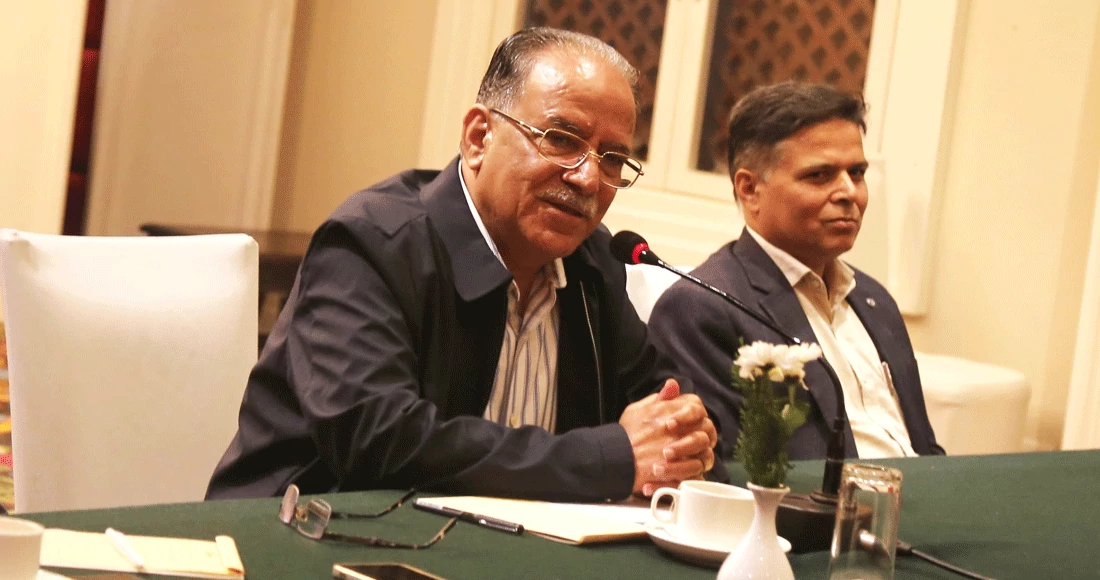
Kathmandu, October 9 — Approximately three months after being unexpectedly ousted from power, Pushpa Kamal Dahal 'Prachanda', chairman of the Nepal Communist Party (Maoist Centre), shared his analysis of national and international political events on Wednesday.
In a meeting with editors of major media outlets in the capital, the leader of the main opposition party in the House of Representatives expressed his views for about 14 minutes initially. He then listened to the editors' queries and spent approximately 40 minutes addressing them.
Third World War and Nepal as the epicenter!
Prachanda initially noted that global geopolitics is moving towards new polarization, indicating a looming Third World War. He stated that competition is ongoing between the United States and China for economic and global power, while Russia is also keen to maintain its superpower status.
According to Prachanda, some argue that the Third World War has already begun, while others claim we are on the brink of it.
He commented on the long-standing political instability in South Asian countries due to the effects of global geopolitics. Citing examples from Sri Lanka and Bangladesh, he analyzed that government changes in Nepal have thus far been due to internal factors, but future international interventions and pressures are expected to increase.
He expressed that China and India have become both opportunities and challenges for Nepal, and that geopolitical challenges are now emerging. This is why he believes there is a risk of Nepal becoming the epicenter of a new Cold War.
Soft on the government, silent on protests
Having previously made statements urging protests against the government, Prachanda was more restrained this time. He did not comment on anti-government movements. Instead, he emphasized unity and consensus during the current national crisis. He stated that he is not in favor of criticizing the government, noting that the role of the government during the recent disasters from the rains between September 27 and 29 was weak. He advised the government to work cautiously as search, rescue, and relief operations continue.
Prachanda mentioned that there were many complaints about the government's weaknesses at the onset of the disasters. He stated that his party would not participate in immediate government changes but raised concerns about the stability of the ruling coalition.
Political crisis and former king's Bhutan visit
Prachanda commented that the formation of a government by the two major parties in Parliament is an indication of the crisis.
“Forming a government with the first (Nepali Congress) and second (CPN-UML) parties is a sign of crisis. Generally, this does not happen in parliamentary democracy,” he said.
Prachanda considers the recent visit of former King Gyanendra to Bhutan and the reception he received there as part of Nepal's political crisis.
“This is also an expression of the political crisis. I cannot predict where it will explode,” he said.
However, he believes it is not possible for the king to return due to the reasons related to him and his family.
Allegations against KP Sharma Oli
Prachanda accused Prime Minister and CPN-UML Chairman KP Sharma Oli of attempting to annul the current constitution.
He feels that the UML is dissatisfied with the current constitution. “The person who has disliked the constitution from the beginning is in the leadership of the party and the government. Their (UML's) desire is to annul the constitution,” Prachanda commented. Supporting his argument, he stated that Oli’s intention behind dissolving the previous Parliament twice was to annul the constitution.
“The one adopting the 'bullock cart principle' does not like this constitution. They do not like inclusivity, proportionality, and federalism. They do not like the republic that much,” Prachanda said. Oli had previously stated that one cannot reach America by riding a bullock cart during the 2006 People's Movement.
“They see the face of the Maoists in this constitution and want to annul it,” he said.
Clarification on constitutional amendments
However, Prachanda clarified that his party is not against constitutional amendments. He recalled that in the past, he had proposed constitutional amendments twice to bring the Madhesi parties into elections.
“The moral and political right to amend this constitution lies with the Maoists,” he stated, expressing that the current priority is not constitutional amendment but implementation.
He pointed out that giving rights to provinces, the federal civil service act, education act, police adjustment, and recognizing autonomous, protected, and special areas are all included in the constitution, and implementing these is his party's priority.
“Constitutional amendment is merely a means to distract; the main objective was to form the government,” he said.
He warned that amending the constitution without consulting a signatory (Prachanda) of the Comprehensive Peace Accord would be political dishonesty. He also noted the risk of plunging the country into a political turmoil if arbitrary amendments are made.
Aggressive stance towards the Prime Minister
Prachanda portrayed Oli as someone engaging in “false and unethical politics.” Accepting his mistakes in the power equation with the UML, he stated that after Oli reached an agreement with the Congress regarding the power equation, he misled him by suggesting they would go “to heaven and hell together.”
“I had told him three times that if he needed to become a Prime Minister, I can leave,” he recalled saying to Oli at that time.
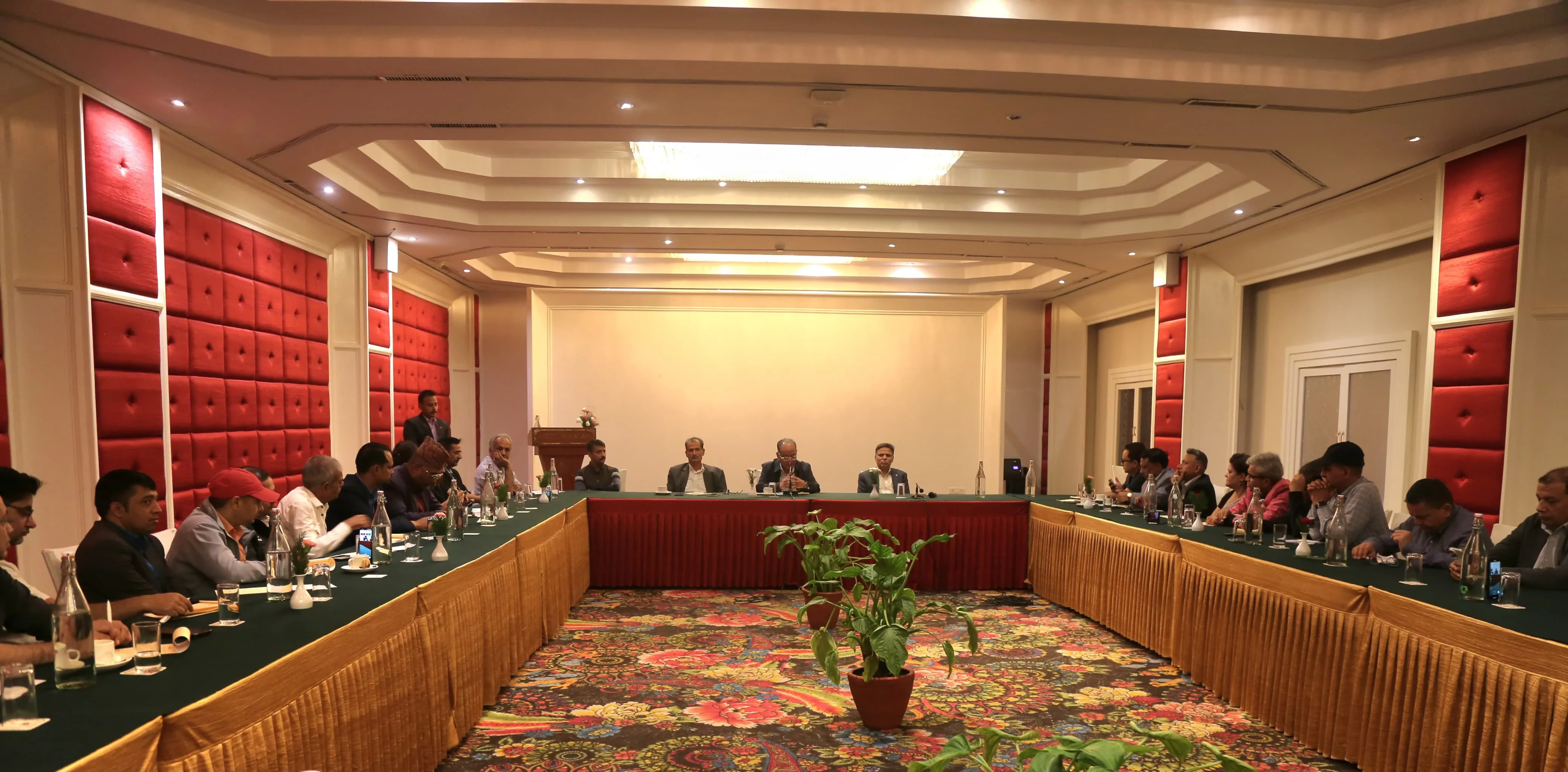
Rabi Lamichhane and alternative politics
Prachanda provided clarification regarding accusations that he was trying to protect Rabi Lamichhane, the president of the Rashtriya Swotantra Party.
He made it clear that the Maoist Centre would not disturb the implementation of the report of the parliamentary investigation committee formed to investigate the embezzlement, misuse, and fraud of cooperative savings.
He noted that some questions have arisen regarding the Gorkha Media Network.
“This report is the government's responsibility on how to implement it; we are not in the business of disturbing it,” he said.
However, he expressed concerns that Oli had been unwilling to form the committee at that time, and now there appears to be political maneuvering in the implementation of the report.
He recalled that when the Kaski District Court determined there was no sufficient ground to arrest Rabi, the government backed down.
Prachanda asserted that he has never disrespected new parties and individuals entering politics independently.
He believes that respecting parties and independents born under the constitution and democracy strengthens democracy rather than humiliating or denigrating them.
Fear of Maoist split
Prachanda feels that significant national and international forces and parties are trying to split the Maoists.
He stated that weakening his party would weaken the country's politics and that they are protesting against attempts to split the party. “We must protest; we are doing so,” he said.
He appeared displeased with those who commented that the Maoist Centre was finished after winning just 32 seats in the House of Representatives.
Stating that historically, external interference and intervention have occurred in Nepalese politics, he noted that currently, such maneuvers are focused on splitting the Maoist Centre.
Prachanda mentioned receiving advice from outside to leave party leadership, expressing that the role of the opposition Maoists and his own has increased, leading him to declare he will not step down from leadership.





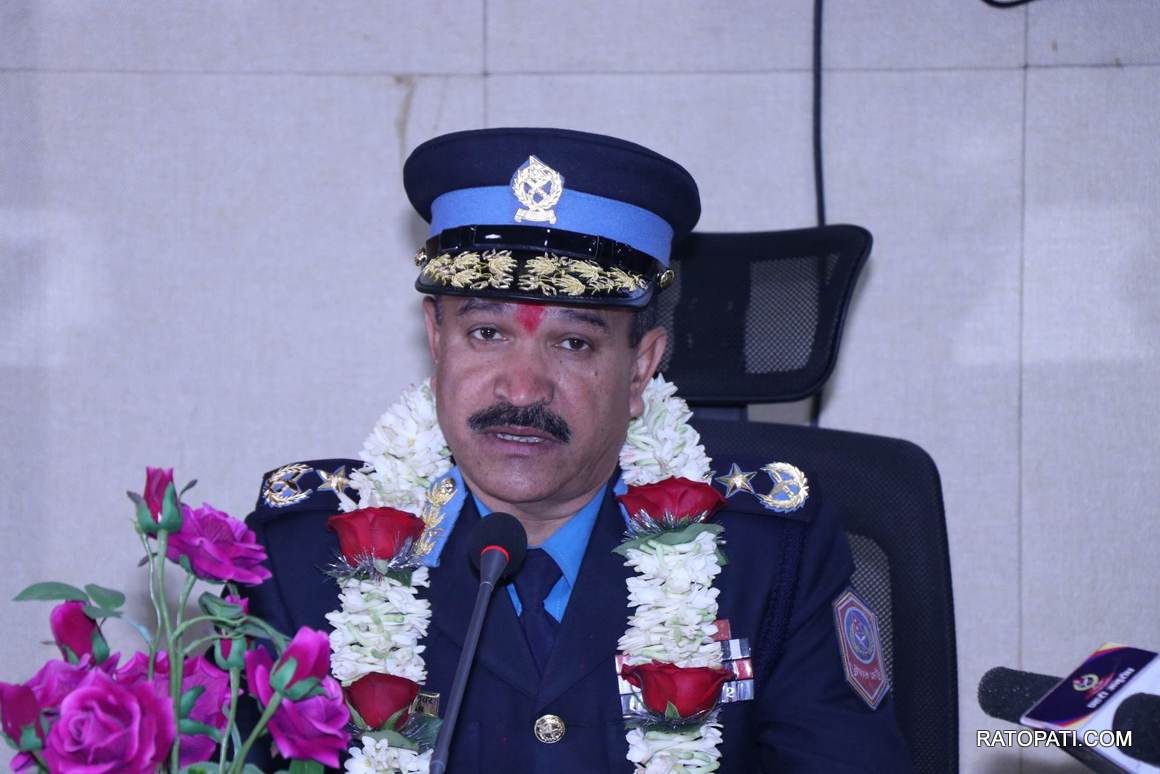
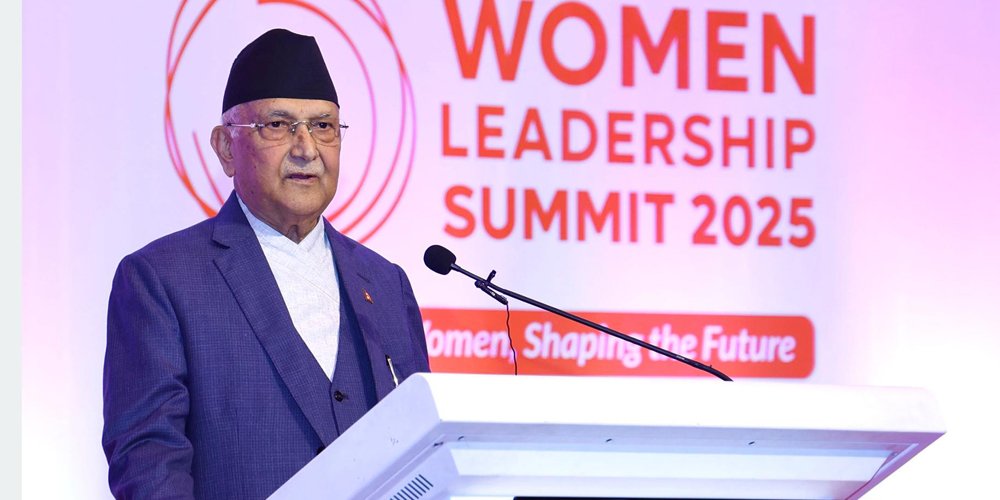
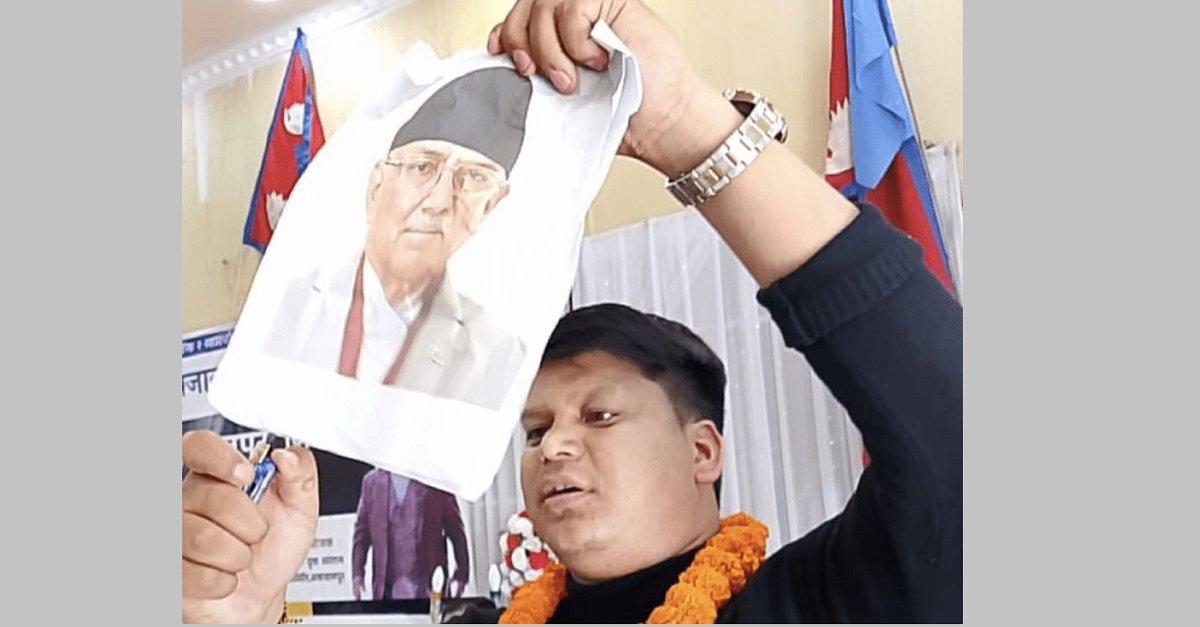
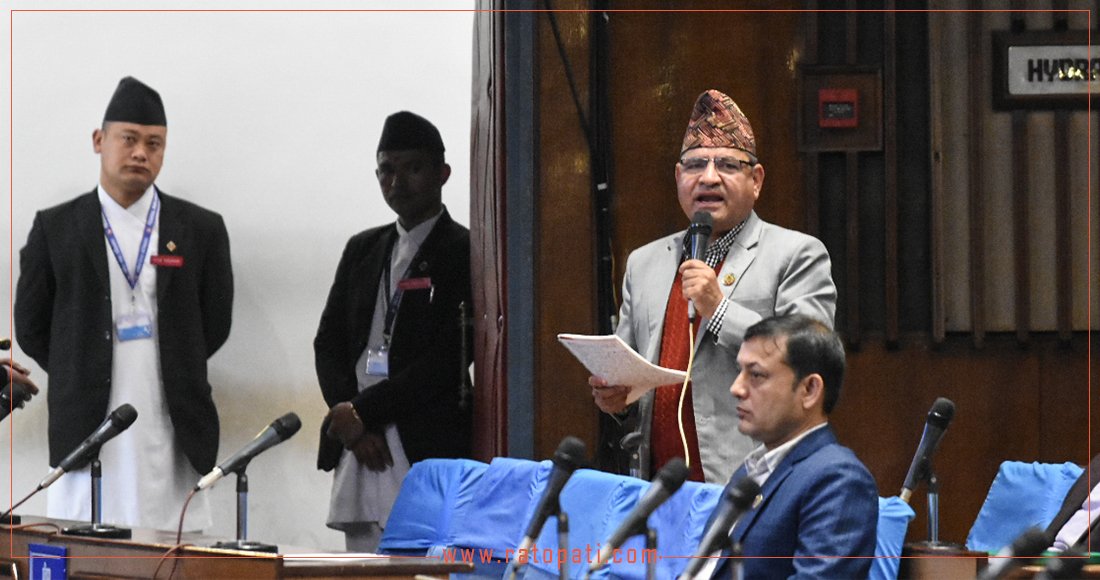
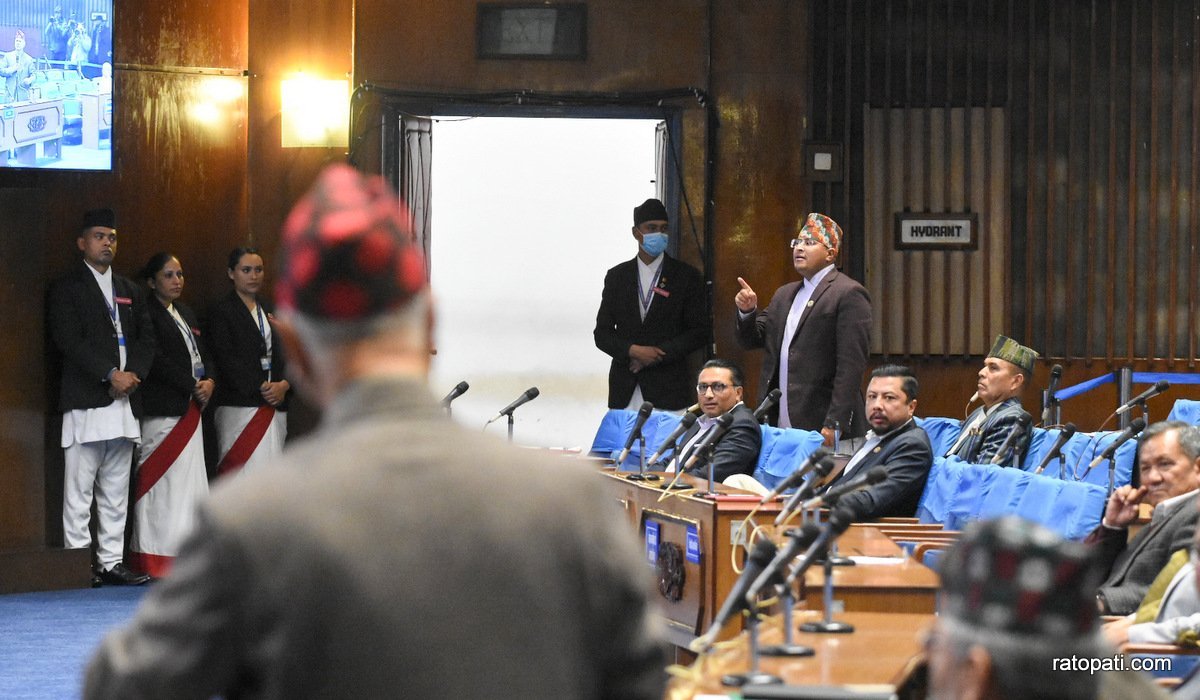
Leave Comment